Dosto is video m mene do questions ese diye hn jinka jawab apko khud dena h TBI aap giveaway jeet payenge.
Dosto ese e IAS interview AuR other interview or tricky questions k liye Abhi subscribe kr dijiye….
The personality test, which is the final gateway to the so-called corridors of power – to the foreign, civil, police and other services, is perceived as the proverbial X-factor in the success story of a candidate.
The Civil Services examination, conducted by the Union Public Service Commission, is one of the most arduous and keenest competitions in India, involving over five lakh aspirants vying for a mere 800-1000 seats. Spread over a period of nearly a year, the preliminary, main examinations and the interview (personality test) represent the three phases of this marathon selection process.
The personality test, which is the final gateway to the so-called corridors of power – to the foreign, civil, police and other services, is perceived as the proverbial X-factor in the success story of a candidate. The 275 marks of the personality test (out of a total of 2025 marks) are significant as the UPSC can award as high as 80% or as low as 30% of the budgeted marks. This implies a range of nearly 140 marks, which can catapult an aspirant to the top 100 or simply chuck him or her out of reckoning.
So, what’s the test of personality all about and how is it conducted? This test is usually held from March to May. (This year, personality tests/interviews of the selected candidates are likely to commence from March 20, 2017).The UPSC gives an interview call to nearly 2,500-3,000 candidates. It organises every day several boards, each headed by a UPSC member and comprising four to five other members, usually experts from different fields. The board conducts the interview by posing questions, seeking views and assessing the objective appreciation of a candidate regarding different issues of national and international significance. It also tests the candidates in areas related to their personal profile as disclosed in their ‘detailed application form’ (DAF) submitted to the UPSC.
The tenor of the interview is that of a purposeful conversation. The objective is the assessment of the thoughts and overall personality of the candidate and not merely bookish knowledge or even theoretical concepts, with the latter already being an area of evaluation in the main examination. What the board usually endeavours to assess in the aspirants, is her/his sincerity of purpose, clarity of thoughts and expression, balance of judgement, ability to reason, to think critically, analytically in a wholistic way, positiveness of approach, awareness and concern for socio-economic issues and problems, inter alia other attributes. But what is of utmost importance is the ability to think with an honest approach, sincerity of purpose and willingness to toil hard.
Now how should candidates get ready for the interview? Here are a few helpful and practical tips.
Begin your preparation early, preferably within a fortnight or a month of completion of the main examination. Do not wait for the results of the examination. If you could not do so in this window of time, then begin at the earliest. The first phase of preparation can start with a more purposive reading of newspapers and magazines.
The issues of national and international importance and even those of regional or local significance often form the nucleus around which the interviews revolve. Getting a good grasp of such issues is of essence. However, the focus in interview is not on mere facts and figures, but more on issues, their appreciation and analysis. Such articles are often found in the editorial page of the top national dailies, which must be perused properly and comprehended fully. To give a wider coverage to their preparation, aspirants must go through a couple of national dailies. Similarly, one must read at least one good news magazine. Political gossip, page-3 news, sports trivia and other such news items do not add any value to the interview preparation and should be avoided. It is advisable to collect the old issues or net archives of a monthly magazine (issues from October-November). In the previous issues identify the articles of national/international importance, those of enduring significance or issues which continue to be contemporaneous. Go through them and prepare brief notes on them.
Note-making should be very precise as well as concise. Once one has gone through the article, one must reflect on it and ask oneself, is it of relevance to me? If yes, then is it worth making a note or can I mentally summarise the essence of article and possibly remember it till the interview stage? Am I in agreement with what is stated in the article? If not, why? Always endeavour to analyse the viewpoint expressed. Does the viewpoint conform to logic and reasoning? Is it falling within the Constitutional and
source


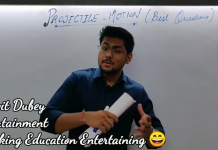




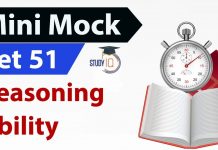



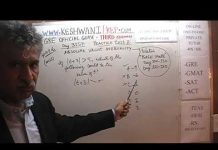

![CY_GATE_2019_PHYSICAL_SPECTROSCOPY_[ELECTRONIC_BASIC]_All IN ONE_[Short_Trick]_2018-19_PART_1ST - Videos](https://trends.edugorilla.com/wp-content/uploads/sites/8/2018/08/cy_gate_2019_physical_spectroscopy_electronic_basic_all-in-one_short_trick_2018-19_part_1st-218x150.jpg)
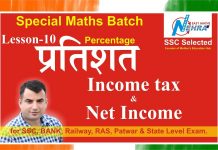


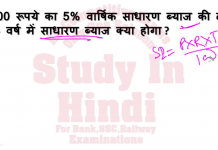
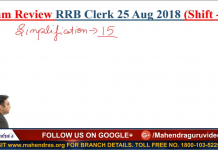
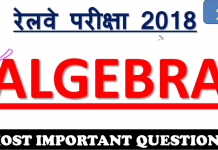
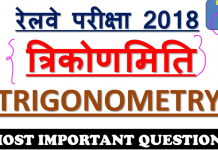
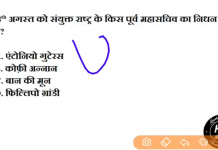
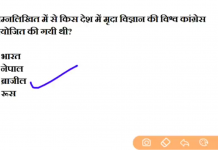
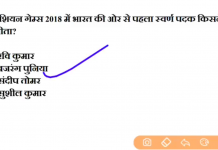




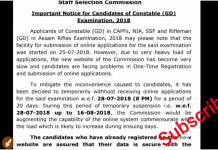
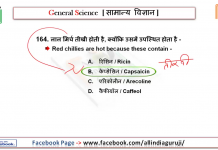
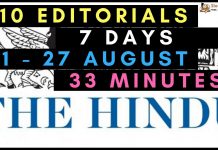
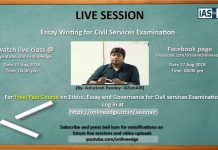
![24 August 2018 – The Indian Express Newspaper Analysis हिंदी में – [UPSC/SSC/IBPS] Current affairs - Videos](https://trends.edugorilla.com/wp-content/uploads/sites/8/2018/08/a520-218x150.png)
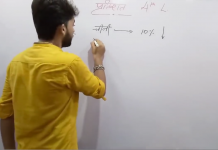



comments your answer below. The best answer will get RS 20 recharge
Har person ki weekness alag alag hoti hai
My No. is. 7065526747 idea
"I don't have any weaknesses." or "I can't think of any relevant weaknesses." ans of question – what is ur biggest weakness ?